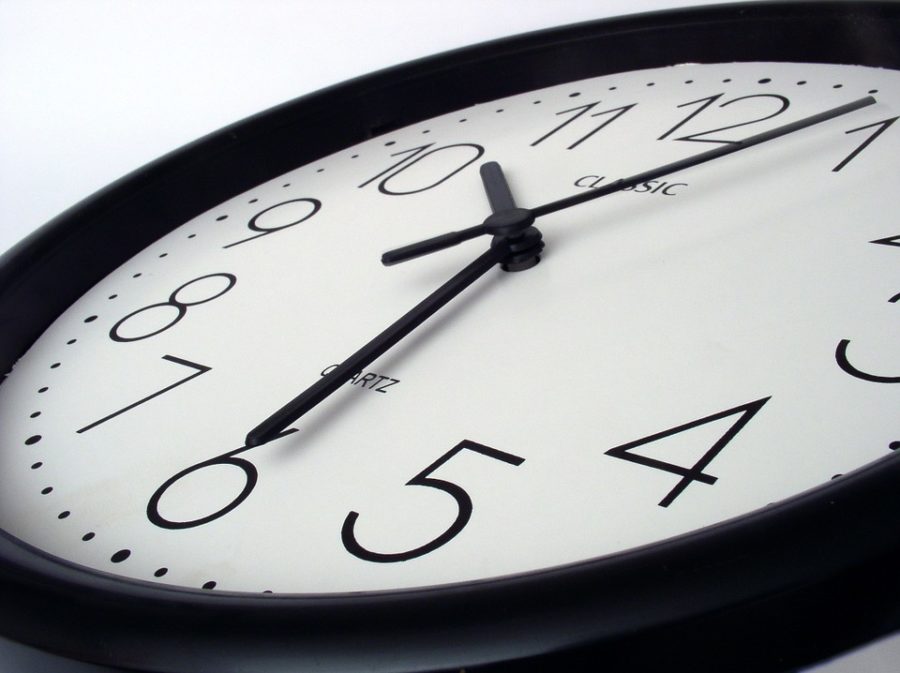Procrastination, laziness or hard work?
Infographic/public domain clock
Procrastination
Procrastination has been a known issue for a long time and not just among teens, but among young adults as well. In fact, 80 to 95 percent of college students procrastinate on their daily homework, according to University of Calgary psychologist Piers Steel.
Procrastination takes a toll on a student’s mental health and well-being, according to the American Psychological Association. Procrastination doesn’t have to do with just a homework assignment–people procrastinate cleaning, folding the laundry, going to the store, and more.
Procrastination is nothing new to society. In research, it has shown that people who procrastinate have higher stress levels and lower mental well-being.
Many people believe that procrastination is a harmful habit but also a helpful one, according to the Association of Psychological Science. In order to kick this habit, you have to start with small things like creating a checklist and completing the first things on that list and then lead up to bigger tasks.
Many students deal with procrastination on a daily basis. They can’t complete their given tasks in a timely manner and feel they’re under serious stress. High school students procrastinate for many reasons; for example, some just entering high school feel the stress going into freshman year. Continued procrastination can cause a drop in grades and a decline overall for their high school career, according to The Islander.
A question many people ask is, why do we procrastinate? Many people think it is because we are lazy when really it is just the opposite. When a deadline or task is presented to us, people work for long periods of time right before it needs to be completed, according to the McGraw Center. People claim to work better under pressure and put forth their best efforts as well.
If someone procrastinates continuously and never gets assignments or tasks done on time, you will never know you can do better under pressure if you’re always under pressure, according to the McGraw Center. Breaking down big tasks into smaller ones helps to not feel as overwhelming and will help complete the task sooner. Procrastination is apart of the emotional piece of your brain, your limbic system. The logical part of your brain is what gives up once your emotional part of the brain chooses between Instagram over doing your homework, for instance.
Harvard Business Reviews Chris Bailey had created an article helping overcome procrastination. Usually, you don’t want to do the task at hand, which is why you put the task aside for later. Bailey suggests creating the task in a more attractive manner so you want to complete it sooner than later.
Bailey also suggests that our devices need to be turned off and put away when completing an assignment. Devices only create endless amounts of distractions for us when trying to complete what is important.
Many people struggle with procrastination when there is no reason to do so. Taking different approaches to the assignment/task can help in many ways to get the task done quicker and more efficiently.
People usually do not want to do the task at hand, which is why people often put the task aside for later, according to Harvard Business Reviews, Chris Bailey. Bailey also suggests creating the task in a more attractive manner so you want to complete it sooner rather than later. Bailey also suggests that our devices need to be turned off and put away when completing an assignment. Devices only create endless amounts of distractions or us when trying to complete what is important.

Hi, my name is Erica Crosby it is my first year being on newspaper, but my second year being in journalism. I am a copy editor for The Spartan Speaks!...











